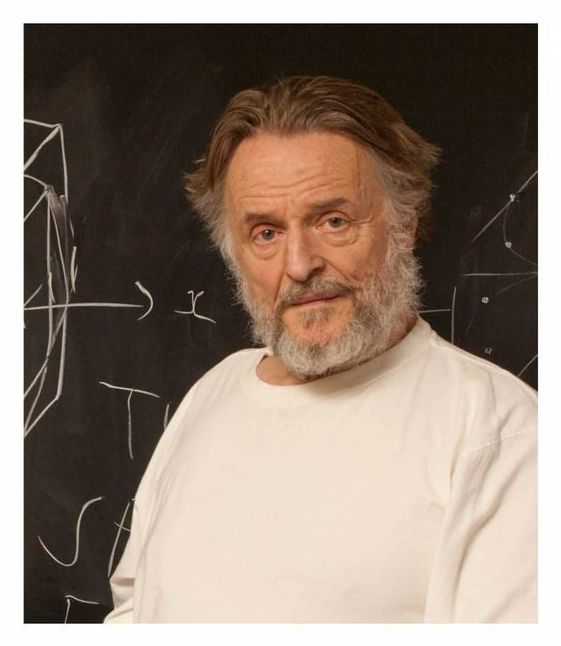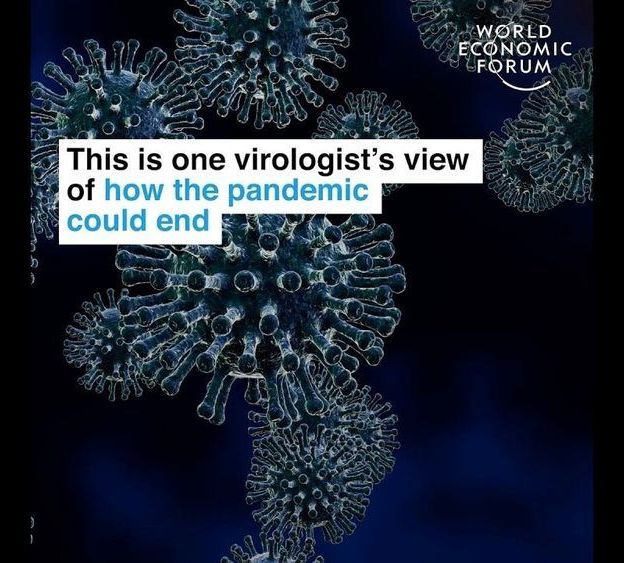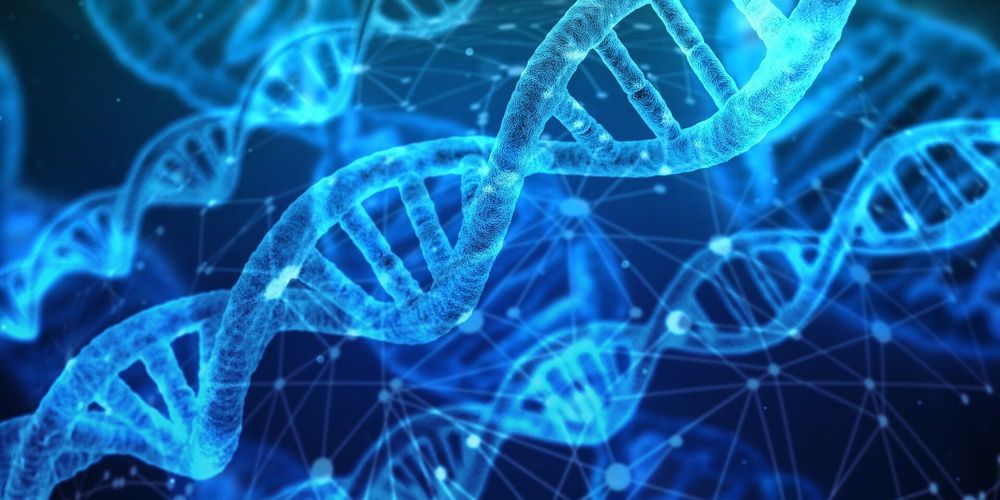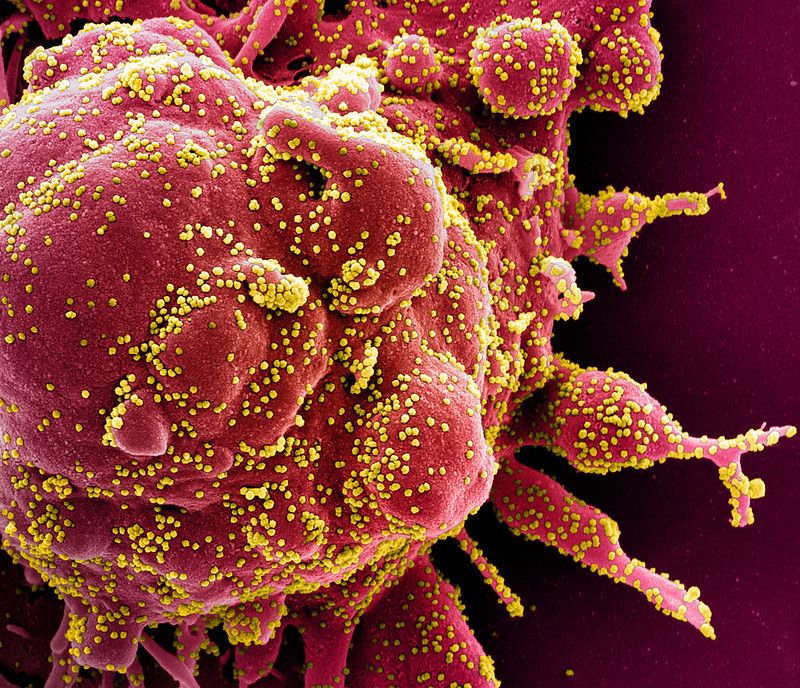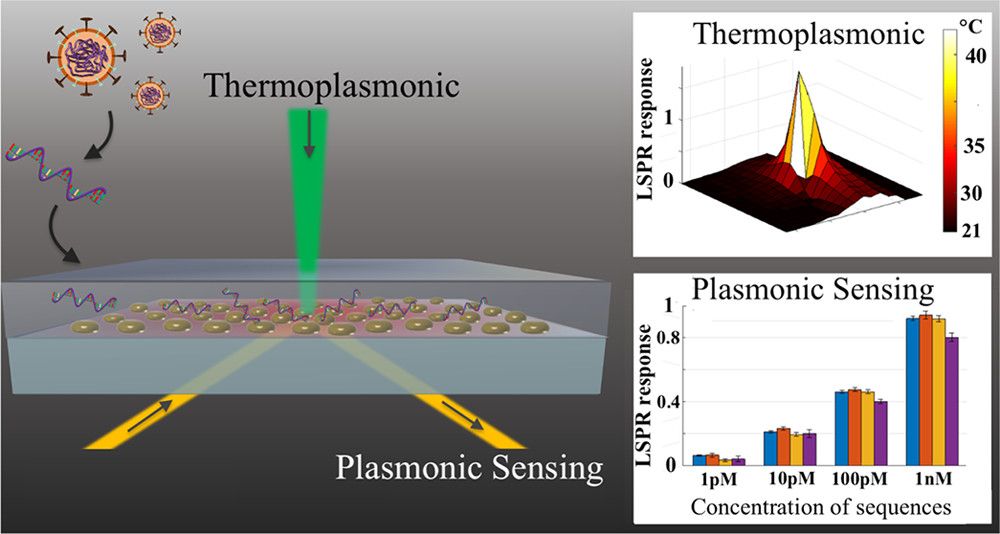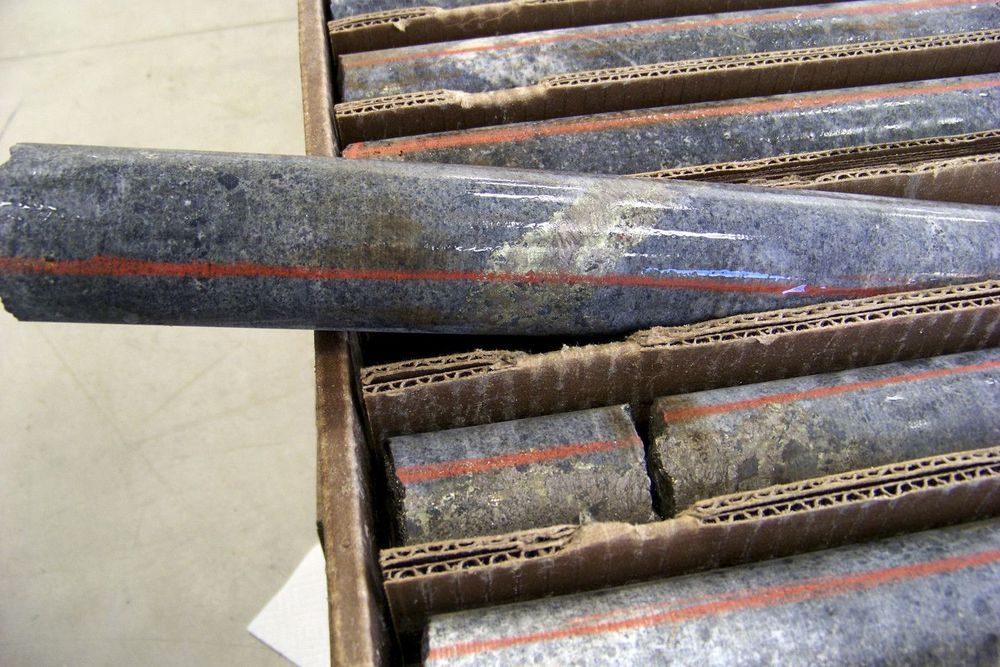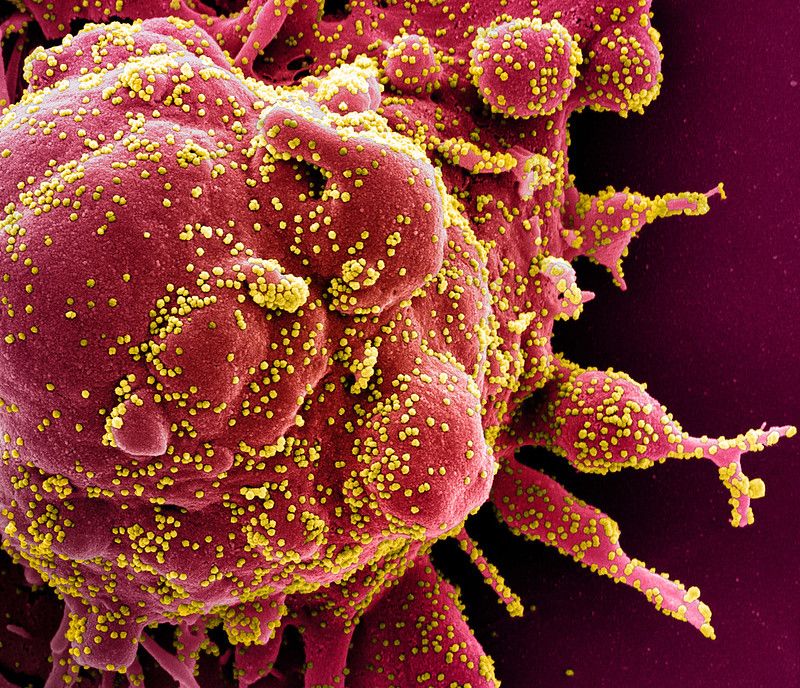Apr 16, 2020
Haptics researchers find that the biomechanics of the skin can perform useful tactile computations
Posted by Saúl Morales Rodriguéz in category: biotech/medical
As our body’s largest and most prominent organ, the skin also provides one of our most fundamental connections to the world around us. From the moment we’re born, it is intimately involved in every physical interaction we have.
Though scientists have studied the sense of touch, or haptics, for more than a century, many aspects of how it works remain a mystery.
“The sense of touch is not fully understood, even though it is at the heart of our ability to interact with the world,” said UC Santa Barbara haptics researcher Yon Visell. “Anything we do with our hands—picking up a glass, signing our name or finding keys in our bag—none of that is possible without the sense of touch. Yet we don’t fully understand the nature of the sensations captured by the skin or how they are processed in order to enable perception and action.”

